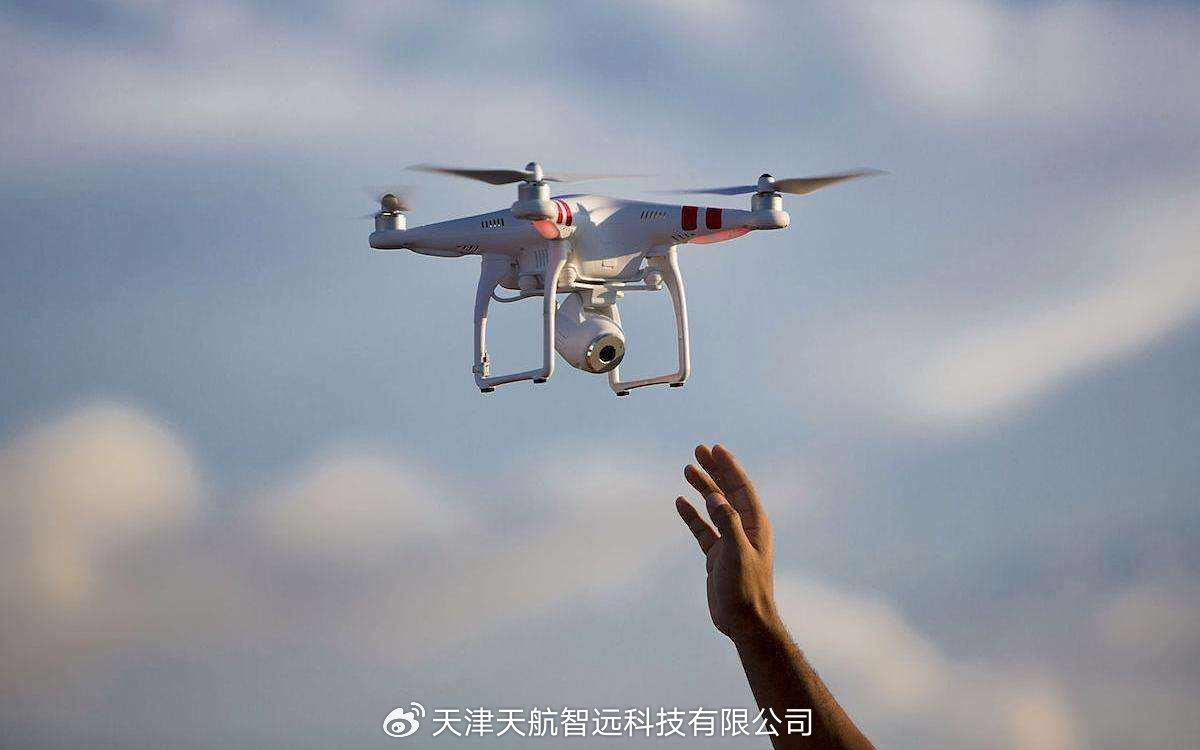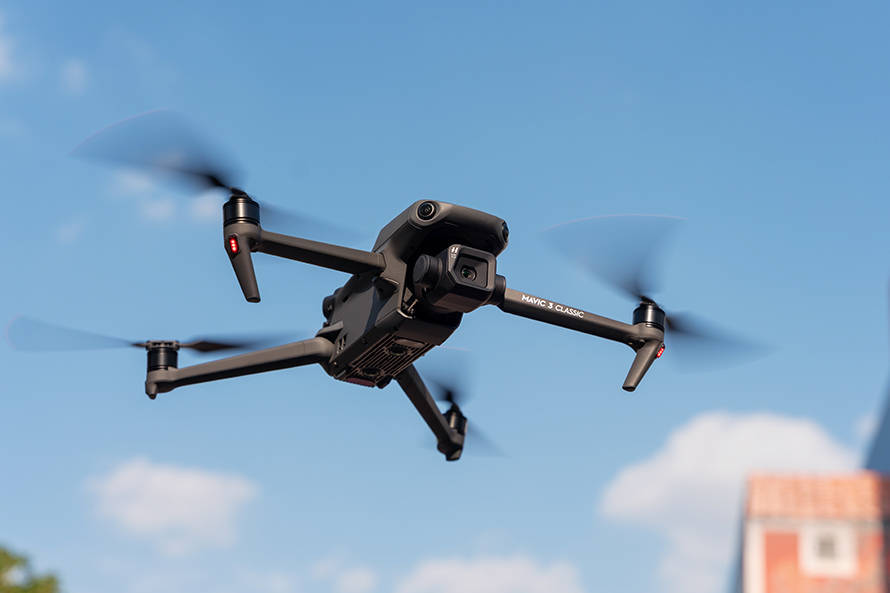During his presidency, Barack Obama faced the challenging task of counterterrorism, with drone strikes becoming a controversial yet integral part of U.S. foreign policy. These strikes, often targeting high-profile terrorists, sparked debates concerning ethical ramifications, international law, and their effectiveness in reducing threats. By employing drone technology, Obama not only aimed to eliminate immediate risks but also to minimize American military casualties. However, it’s crucial to dive deeper into the intricacies of these operations and their global impact.
Drone Strikes: The Strategy and Implementation
Obama’s drone strategy revolved around precision targeting. By utilizing advanced surveillance and intelligence, the U.S. aimed to conduct strikes that minimized collateral damage. Daily briefings from intelligence agencies helped identify targets considered imminent threats, thereby enacting swift action to protect American interests. A significant portion of these operations occurred in regions like Pakistan, Afghanistan, Yemen, and Somalia—areas notoriously difficult for ground military operations.
Ethical Concerns and Legal Challenges
The drone strikes sparked concerns over sovereignty and international law. Each strike in foreign territory raised questions about the violation of sovereignty. Furthermore, international legal standards for conflict were debated, particularly regarding civilian casualties. Organizations worldwide called for transparency, demanding accountability for unintended deaths, and for the U.S. to adhere strictly to international humanitarian laws.
Impact on Global Security Dynamics
Analyzing the global impact, these operations undoubtedly disrupted terrorist networks, decapitating key leadership and hindering their capabilities. The strategic removal of high-ranking officials impacted terrorist group’s operational capacity and recruitment. However, the strikes also fueled anti-American sentiment, occasionally breeding new hostilities rather than deterring them. Thus, while tactically beneficial, drones had a bifurcated influence on long-term peace efforts.

Legacy and Public Perception
The legacy of Obama’s drone strikes remains mixed. While they played a pivotal role in counterterrorism, the perceived secrecy and lack of accountability fueled public debate. The Obama administration claimed transparency in their operations but faced criticism from human rights organizations for not fully disclosing details about civilian impacts. This duality in public perception emphasizes the complexity of modern warfare ethics.
FAQs on Obama Drone Strikes
- How effective were drone strikes in eliminating threats?
Drones proved highly effective tactically, disrupting terrorist hierarchies and reducing imminent threats. Yet, they also risked inciting retaliatory sentiments. - What legal criticisms were associated with these drone operations?

Legal criticisms centered on sovereignty violations and inadequate accountability for civilian casualties, challenging adherence to international conflict laws. - Did the drone strategy impact future U.S. foreign policies?
Yes, these strategies informed future administrations, emphasizing drone technology while highlighting the importance of transparent military engagement.
